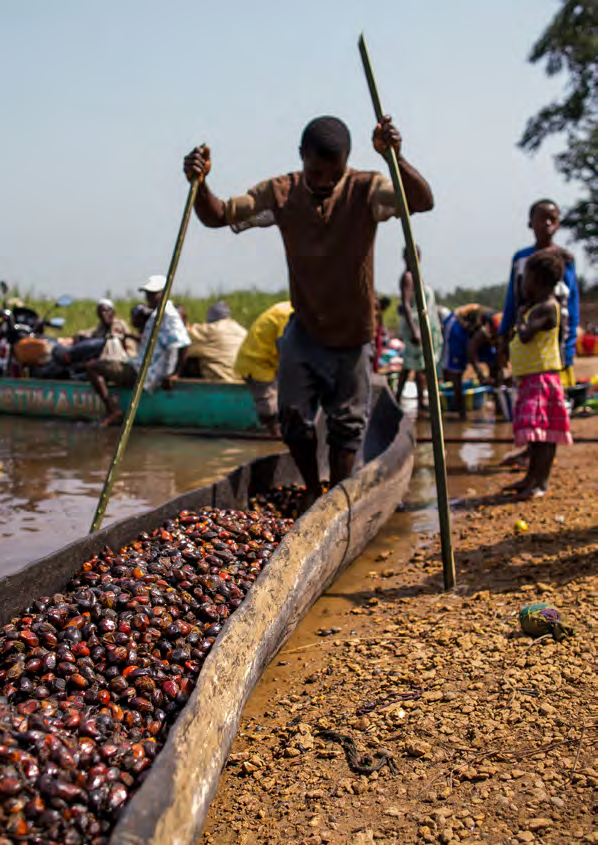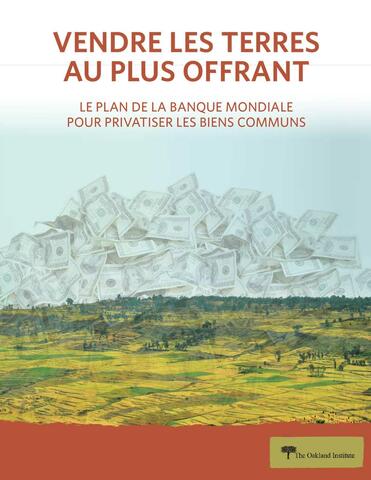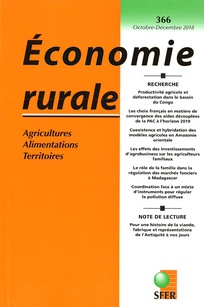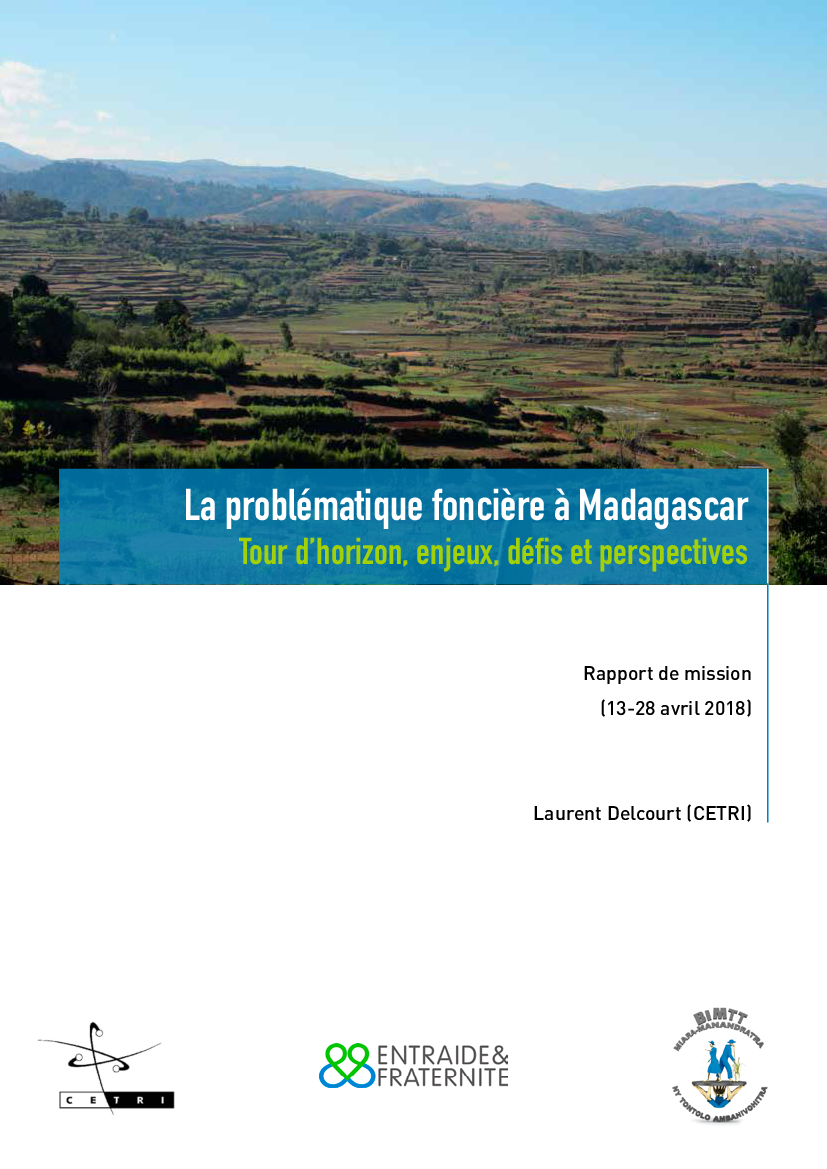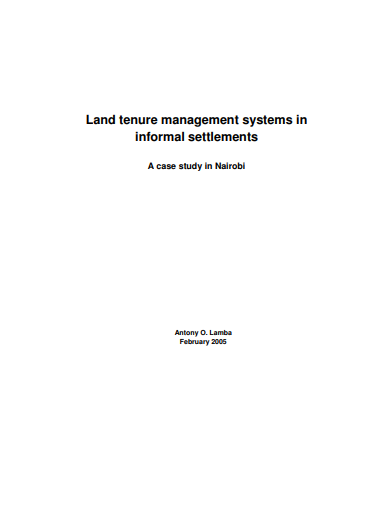Accaparement de terres et huile de palme en Sierra Leone
Date: 7 mars 2019
Source: Farmlandgrab, FIAN Belgium
FIAN Belgium publie un nouveau rapport "Accaparement de terres et huile de palme en Sierra Leone : analyse du cas SOCFIN à la lumière des droits humains".
Résumé

